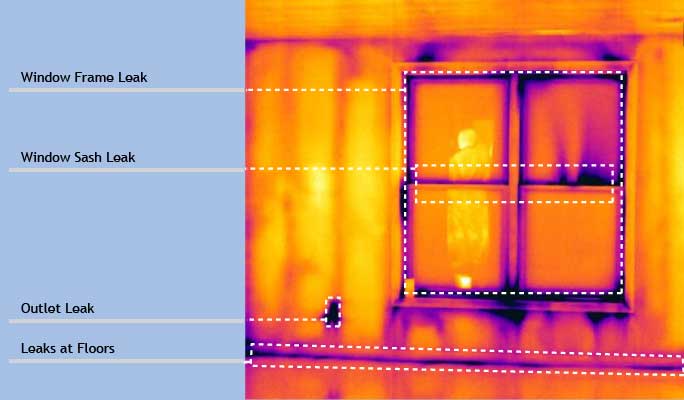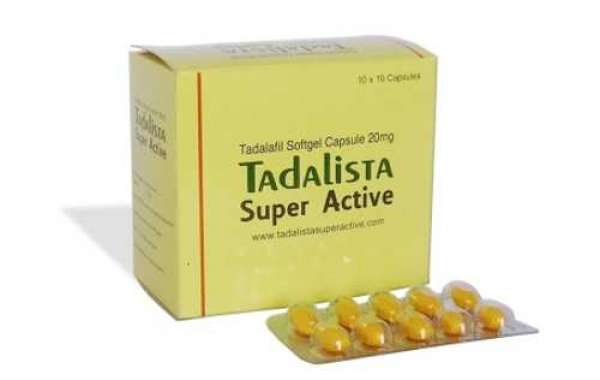Spray foam insulation is the best investment for Dunwoody homes because it delivers superior energy efficiency, moisture resistance, and long-term value. In a region like Dunwoody, where humid summers and variable winters increase energy demands, spray foam offers a high-performance solution that lasts. It creates a seamless air barrier that prevents heat loss and air infiltration, making homes more comfortable and reducing HVAC workload year-round.
Homeowners in Dunwoody typically see energy savings of up to 20–30% within the first year of installation. This insulation type also resists mold, adds structural integrity, and helps maintain consistent indoor temperatures across all seasons. This article explores the data, factors, and expert-backed reasons why spray foam outperforms other insulation options for Dunwoody homes.
Energy Performance Compared to Other Insulation Types
Spray foam’s biggest strength is its high R-value per inch and airtight seal. Here's how it compares:
Comparison Table: Energy Efficiency by Insulation Type
Insulation Type | R-Value per Inch | Air Seal Capability | Moisture Resistance | Lifespan |
Spray Foam (Closed-Cell) | 6.5 – 7.0 | Excellent | Excellent | 30+ years |
Spray Foam (Open-Cell) | 3.5 – 3.8 | Excellent | Moderate | 25+ years |
Fiberglass Batt | 2.9 – 3.8 | Poor | Poor | 10–20 years |
Cellulose (Blown-In) | 3.2 – 3.8 | Fair | Fair | 15–20 years |
Mineral Wool | 3.0 – 3.3 | Fair | Good | 20–30 years |
Bonus Tip: In Dunwoody’s high-humidity environment, closed-cell spray foam offers a vapor barrier advantage that fiberglass and cellulose cannot.
Structural and Moisture Control Benefits
Closed-cell spray foam adds structural rigidity by bonding directly to walls and roof decks. It strengthens the building envelope and increases resistance to high winds and external pressure—ideal for severe weather seasons in Georgia.
Technical Performance Data
Performance Metric | Closed-Cell Spray Foam | Open-Cell Spray Foam | Traditional Insulation |
Water Absorption | < 1% | ~5% | Up to 30% (Fiberglass) |
Compressive Strength | 25 – 60 psi | 5 – 10 psi | Negligible |
Air Infiltration Control | > 95% reduction | > 90% reduction | Minimal improvement |
Vapor Barrier Capability | Yes | No | No |
Bonus Tip: Spray foam reduces the risk of mold and mildew growth by keeping humidity levels under control inside attics and crawl spaces.

Climate Suitability in Dunwoody
Dunwoody's hot summers and cool winters require insulation that adapts to shifting temperatures and moisture levels. Spray foam’s expansive properties allow it to fill even the smallest cavities, ensuring consistent thermal protection.
Unlike fiberglass, which can sag or shift over time, spray foam maintains its form and effectiveness for decades. Its high R-value provides a strong defense against both heat gain and heat loss.
Market Fact: According to the U.S. Department of Energy, air leakage accounts for up to 40% of the energy used for heating and cooling. Spray foam addresses this directly.

Noise Reduction and Indoor Air Quality
Spray foam insulation also serves as a sound dampener, reducing noise from outside and between interior walls. Open-cell foam is especially effective for sound absorption in ceilings and between floors.
In addition, by sealing off exterior pollutants and allergens, spray foam helps maintain cleaner indoor air—an important consideration for families concerned with respiratory health.
Bonus Tip: Homes insulated with spray foam often show better HVAC performance because the cleaner environment leads to fewer airborne particles clogging filters.
Things to Consider Before Making a Decision
Before choosing spray foam insulation, homeowners in Dunwoody should evaluate several practical factors:
Home Age and Structure: Older homes may need additional prep before spray foam installation.
Ventilation Needs: Because of its airtight seal, mechanical ventilation may be necessary.
Budget Planning: While initial costs are higher than other insulation types, the return on investment comes from long-term energy savings.
Application Area: Closed-cell is ideal for basements, crawl spaces, and attics. Open-cell may be suitable for interior walls and ceilings.
Cost Estimate Range
Application Area | Type Used | Estimated Cost (per sq. ft.) |
Attic | Open-Cell | $1.00 – $1.50 |
Crawl Space | Closed-Cell | $1.50 – $2.50 |
Wall Cavities | Closed-Cell | $1.75 – $3.00 |
Garage Ceiling | Open-Cell | $1.20 – $1.80 |
Common Questions
Does spray foam damage wiring or plumbing?
No. Spray foam conforms around electrical lines and plumbing without applying enough pressure to cause damage.
Is spray foam safe after installation?
Yes. Once cured (typically within 24 hours), it is inert and does not off-gas harmful chemicals.
Can I install spray foam myself?
DIY kits exist but are not recommended for full-home insulation. Professional application ensures consistent coverage and safety.
How long does spray foam last?
Most spray foam insulation lasts 30+ years with little to no maintenance.
FAQ
Q: Is spray foam insulation worth the cost for older Dunwoody homes?
A: Yes. It significantly improves energy performance, especially in drafty or poorly sealed structures.
Q: Can I combine spray foam with other types of insulation?
A: Yes, hybrid systems can be used strategically, such as spray foam for air sealing and fiberglass for cost savings.
Q: Does spray foam insulation qualify for tax credits?
A: In many cases, yes. Always check current federal and state energy efficiency incentives.
Q: Will spray foam reduce humidity inside the home?
A: Yes. Closed-cell spray foam acts as a vapor barrier, helping control indoor humidity levels.
Q: Does spray foam deter pests?
A: While it doesn't kill pests, its airtight seal blocks common pest entry points better than loose-fill materials.
Summary of Key Benefits
Spray foam insulation delivers long-term value through high energy efficiency, moisture resistance, structural support, and indoor comfort. For Dunwoody homeowners dealing with temperature swings, seasonal humidity, and high utility costs, it presents the most effective solution available. The upfront cost pays for itself through energy savings, comfort gains, and improved home resilience.
Ready to Achieve Long-Term Comfort and Energy Savings?
Apply these insights now: Schedule your insulation consultation with Makeover Insulation. Learn how high-performance insulation can transform your home’s efficiency and comfort.
Contact Makeover Insulation
Phone: (470) 664-5300
Email: sales@makeoverinsulation.com
Reviewer: Ava Clark shared her input based on 6 years of working with spray foam insulation teams. Her focus on customer trust and communication helped shape key parts of this post.










